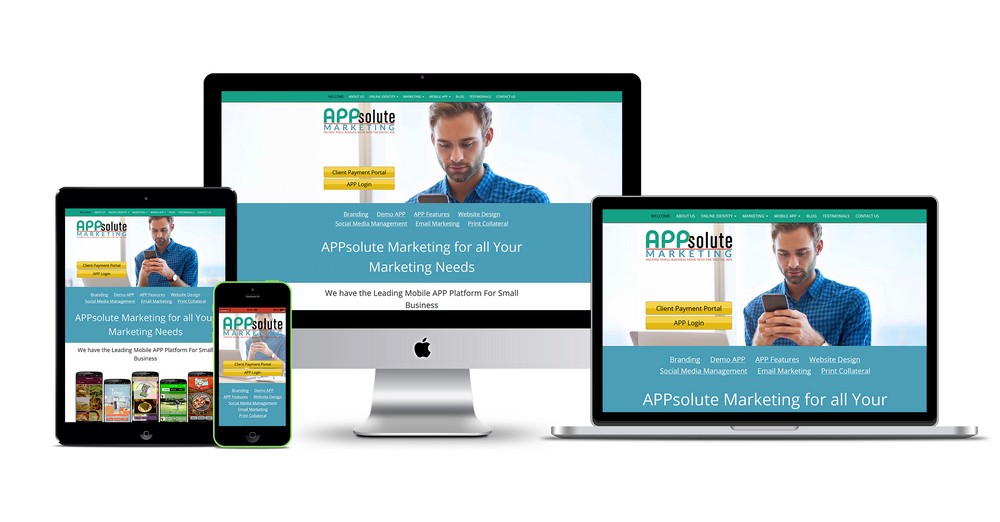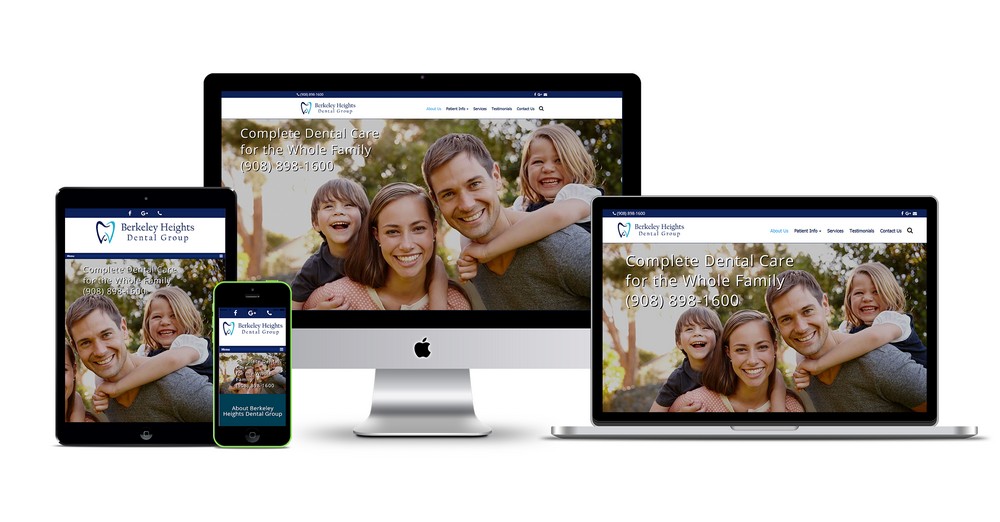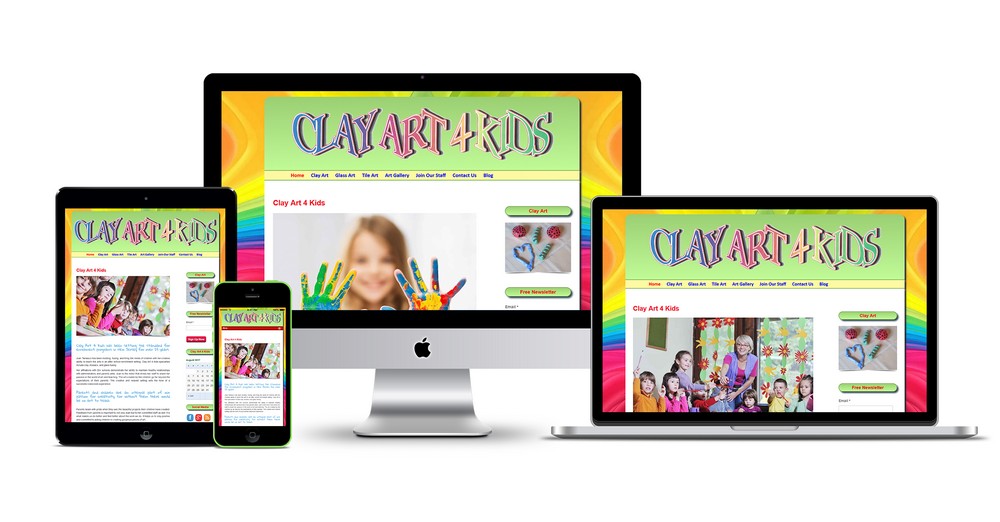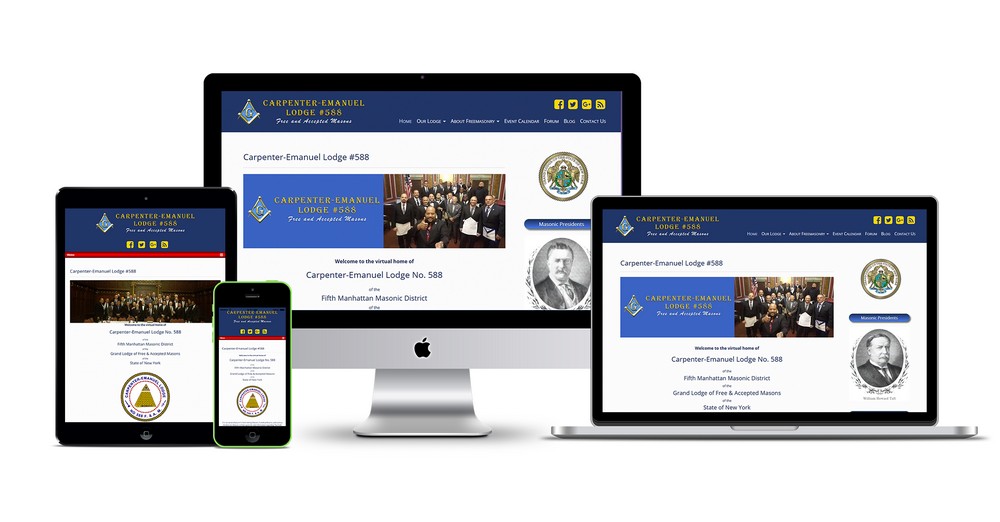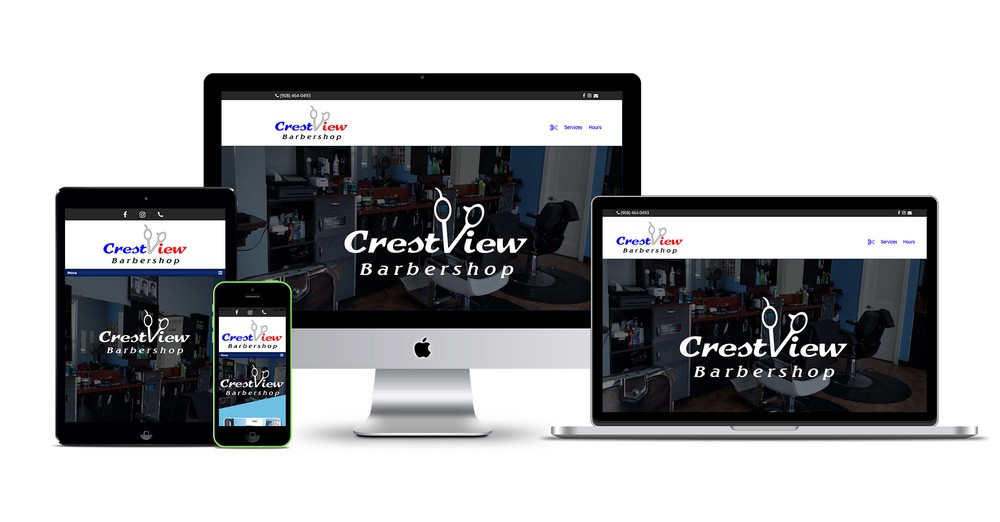In today’s fast-paced digital landscape, businesses are increasingly turning to Artificial Intelligence (AI) to optimize their marketing efforts and stay ahead of the competition. AI’s ability to analyze vast amounts of data, predict trends, and automate tasks is reshaping how marketers approach everything from customer engagement to content creation. But how exactly can you leverage AI to enhance your marketing strategy? Let’s dive in.
1. Personalization at Scale
One of the biggest benefits AI brings to marketing is the ability to deliver personalized experiences to each customer. Traditional methods of personalization often required time-intensive manual effort. AI, however, can analyze customer behavior in real-time, segment audiences, and create tailored recommendations with remarkable accuracy.
For example, AI tools like machine learning algorithms can predict what products a customer might be interested in based on past interactions, browsing behavior, and similar customer profiles. This means you can offer highly relevant product suggestions, improving conversion rates and customer satisfaction without a one-to-one effort.
Action Tip: Use AI-driven personalization tools on your website and email campaigns to automatically adjust content based on user preferences and behaviors.
2. Enhanced Data Insights
Marketing strategies thrive on data, but the sheer volume of data available can be overwhelming. AI excels in processing and interpreting this data, providing insights that would otherwise be hidden. Machine learning models can uncover patterns in consumer behavior, identify emerging trends, and even predict future actions.
With tools like Google Analytics, AI can give you predictive insights about customer lifetime value (CLV), which helps you tailor your marketing budget and focus on high-value prospects. By analyzing past campaigns, AI can suggest which types of content, platforms, and channels will most likely engage your target audience.
Action Tip: Use AI tools for predictive analytics to guide your content strategy, improve customer segmentation, and optimize your ad spend.
3. Chatbots and Customer Service Automation
In the age of instant communication, consumers expect fast responses to their queries. AI-powered chatbots can provide 24/7 customer service, answering frequently asked questions and assisting with basic inquiries. This not only improves customer experience but also reduces the burden on human support teams.
Advanced chatbots, powered by Natural Language Processing (NLP), can engage in meaningful, context-aware conversations with customers. They can also be integrated into your website, social media platforms, and even messaging apps like WhatsApp or Facebook Messenger.
Action Tip: Implement AI chatbots to handle common customer queries and provide quick responses, freeing up human agents to address more complex issues.
4. Content Creation and Curation
AI can also play a significant role in content creation. Tools like GPT-4, Jasper, or Copy.ai can help marketers generate blog posts, social media captions, product descriptions, and more. These tools analyze existing content to produce human-like text, saving time and energy while maintaining consistency in tone and style.
In addition, AI can help curate content by recommending relevant articles, blogs, or videos that align with your audience’s interests. By analyzing user behavior, AI can suggest content that keeps your audience engaged and informed.
Action Tip: Use AI to assist with content creation and curation, but always make sure to add a human touch for authenticity.
5. Ad Campaign Optimization
AI is transforming digital advertising by enabling marketers to optimize ad targeting and improve the ROI of ad campaigns. AI platforms like Google Ads and Facebook Ads use machine learning to identify patterns and behaviors that lead to conversions. These platforms can automatically adjust bids, target specific audience segments, and even suggest the best-performing ad creatives.
By leveraging AI in your advertising efforts, you can reduce wasted spend and ensure that your ads are shown to the right audience at the right time.
Action Tip: Let AI handle your ad optimization by using platforms with machine learning capabilities that automatically adjust bids and targeting for maximum performance.
6. Social Media Monitoring and Engagement
AI tools can track and analyze social media conversations, helping you understand what people are saying about your brand, industry, or competitors. Sentiment analysis tools powered by AI can gauge the mood of social media posts—whether positive, negative, or neutral—which can help shape your response strategies.
Moreover, AI can assist in automating social media posts, scheduling, and monitoring engagement in real-time, ensuring that your brand stays active and responsive without constantly being glued to your devices.
Action Tip: Use AI tools to monitor social media sentiment and automate engagement with followers, whether through automated replies or post-scheduling.
7. AI-Powered SEO
Search Engine Optimization (SEO) is critical to driving organic traffic to your website, and AI can make this process more efficient. Tools like Clearscope and Surfer SEO analyze the search engine landscape, offering insights into what keywords your competitors are ranking for, what questions people are asking, and how you can improve your content to rank higher.
Furthermore, AI can predict search trends and optimize your website structure for better user experience (UX), which is increasingly important for search rankings.
Action Tip: Integrate AI-based SEO tools into your content creation process to ensure your website ranks high and provides a better user experience.
8. Predictive Analytics for Lead Scoring
AI can improve lead scoring by using historical data and predictive analytics to identify which leads are most likely to convert. By analyzing past interactions, demographics, and behavioral patterns, AI tools can assign a score to each lead, helping sales teams prioritize their outreach efforts.
This predictive lead scoring is incredibly valuable for sales teams, as it ensures they focus their energy on the leads most likely to become paying customers.
Action Tip: Implement predictive lead scoring models in your CRM to optimize your sales efforts and close more deals.
Wrapping Up
AI is no longer a futuristic concept; it’s a present-day reality that can significantly enhance your marketing strategy. From personalization and content creation to ad optimization and lead scoring, AI offers businesses an opportunity to work smarter, not harder. By integrating AI tools into your marketing workflows, you can save time, boost efficiency, and drive more conversions.
The key is to start small, experiment, and see where AI can add the most value to your unique business needs. As AI technology continues to evolve, the possibilities for improving your marketing strategy are virtually limitless.








